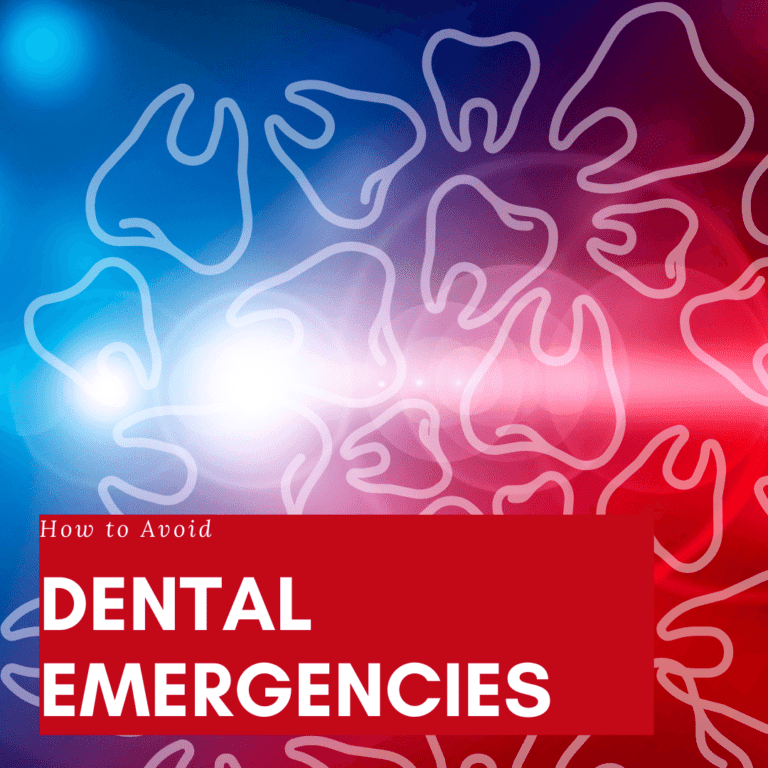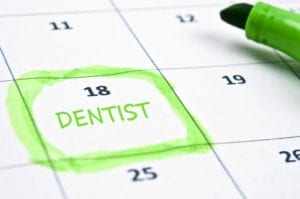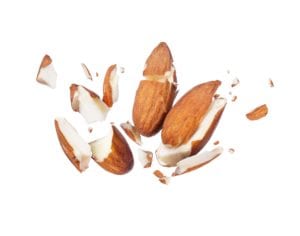How to Avoid Dental Emergencies

Towards the beginning of the month, we took a look at some of the most common dental emergencies as well as how to manage them until you can be seen by your emergency dentist. Now, we’re going to take a look at how some of these dental emergencies can be prevented altogether. While these tips for avoiding dental emergencies may not always guarantee that you won’t experience an emergency situation, they can decrease your chances of having a dental emergency. Here are 5 steps you can take to avoid a dental emergency:

Maintain Routine Dental Care
Simply visiting your dentist at least once every six months can help to prevent dental emergencies. This is because routine dental care allows your dentist to closely monitor your oral health for any early signs of potential threats. Additionally, regular exams are accompanied by professional teeth cleanings, which remove plaque and tartar from the surface of your teeth. Removing plaque and tartar decreases the amount of bacteria in your mouth, which decreases the risk of tooth decay and gum disease. Since a large amount of dental emergencies can be caused or worsened by tooth decay, avoiding tooth decay can help you avoid dental emergencies.
Avoid Parafunction
A parafunction is any abnormal function of your teeth. Basically, anything besides biting or chewing food is considered to be parafunctional. Some common examples can include: chewing on things besides food, biting your nails, grinding your teeth, and using your teeth as tools to hold or open things. Parafunctional behaviors are extremely dangerous because they stress your teeth beyond their normal function. This can easily cause your teeth to crack, chip, or become loose. Not to mention, it can impact the function of your jaw joint as well.
Wear a Mouthguard
People who grind their teeth often don’t realize that they do until their dentist points it out to them. In these cases, it is highly likely that your dentist will also recommend wearing a special type of mouthguard known as a night guard. A night guard sits over the teeth in order to act as a protective barrier, while also decreasing stress to the jaw joint. Another reason why wearing a mouthguard may be necessary is while playing certain sports where facial impact is likely. These sports may require a mouthguard to participate or may simply recommend wearing one. In either case, wearing a sports mouthguard can protect you from a variety of dental emergencies.

Be Careful While Chewing Hard Foods
Even though your teeth are able to effectively grind, tear, and/or bite into a variety of foods, there are certain foods that can cause teeth to chip or fracture. These foods are usually very hard, such as nuts, popcorn kernels, or hard candies. It is also important to realize that teeth affected by tooth decay are not as strong and are more likely to become chipped or cracked by chewing on foods that are only moderately hard.
Avoid Bruxism
Bruxism is a term used to describe the grinding or clenching of teeth. While the teeth are generally strong enough to withstand the forces of chewing, the forces emitted by grinding or clenching are much stronger. When the teeth are constantly and forcefully pushed together and/or moved across one another, this weakens their structure. As a result, bruxism is commonly associated with premature enamel wear, chipped teeth, fractured teeth, and temporomandibular jaw disorder (TMD). As mentioned above, your dentist will likely recommend wearing a nightguard to prevent these things from happening.






Recent Comments